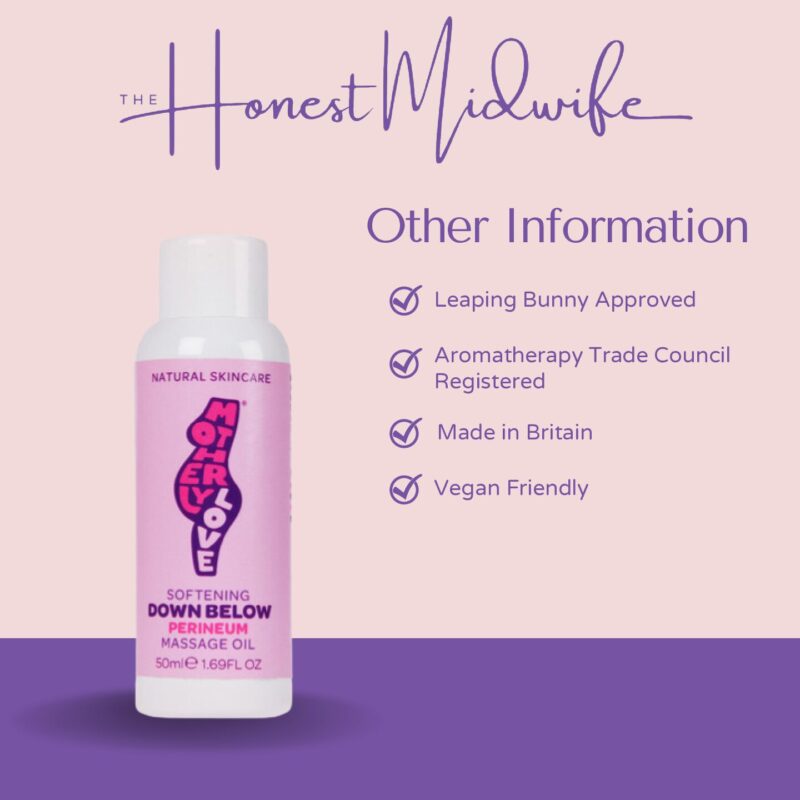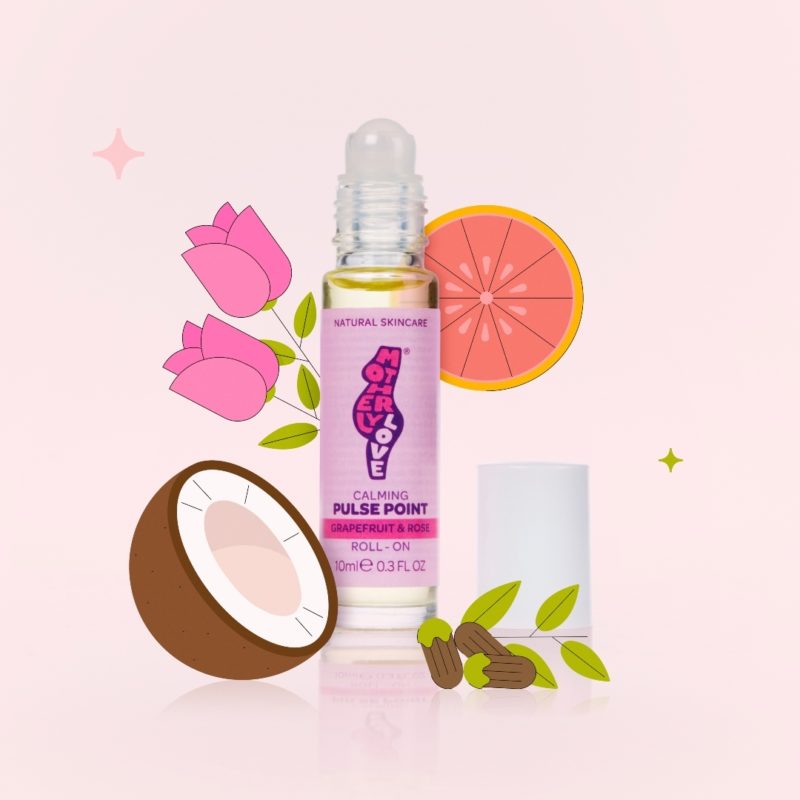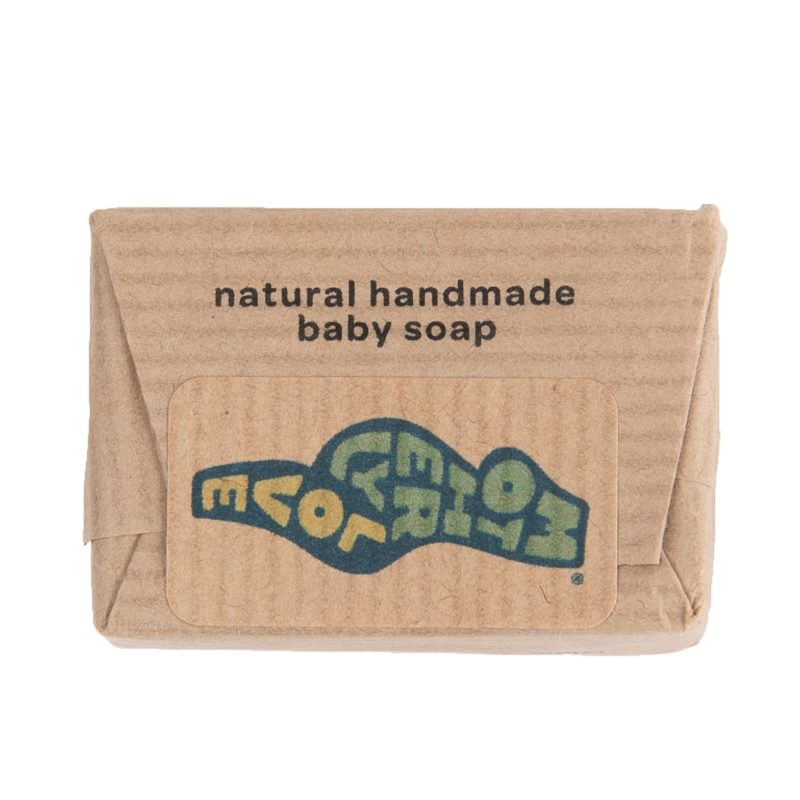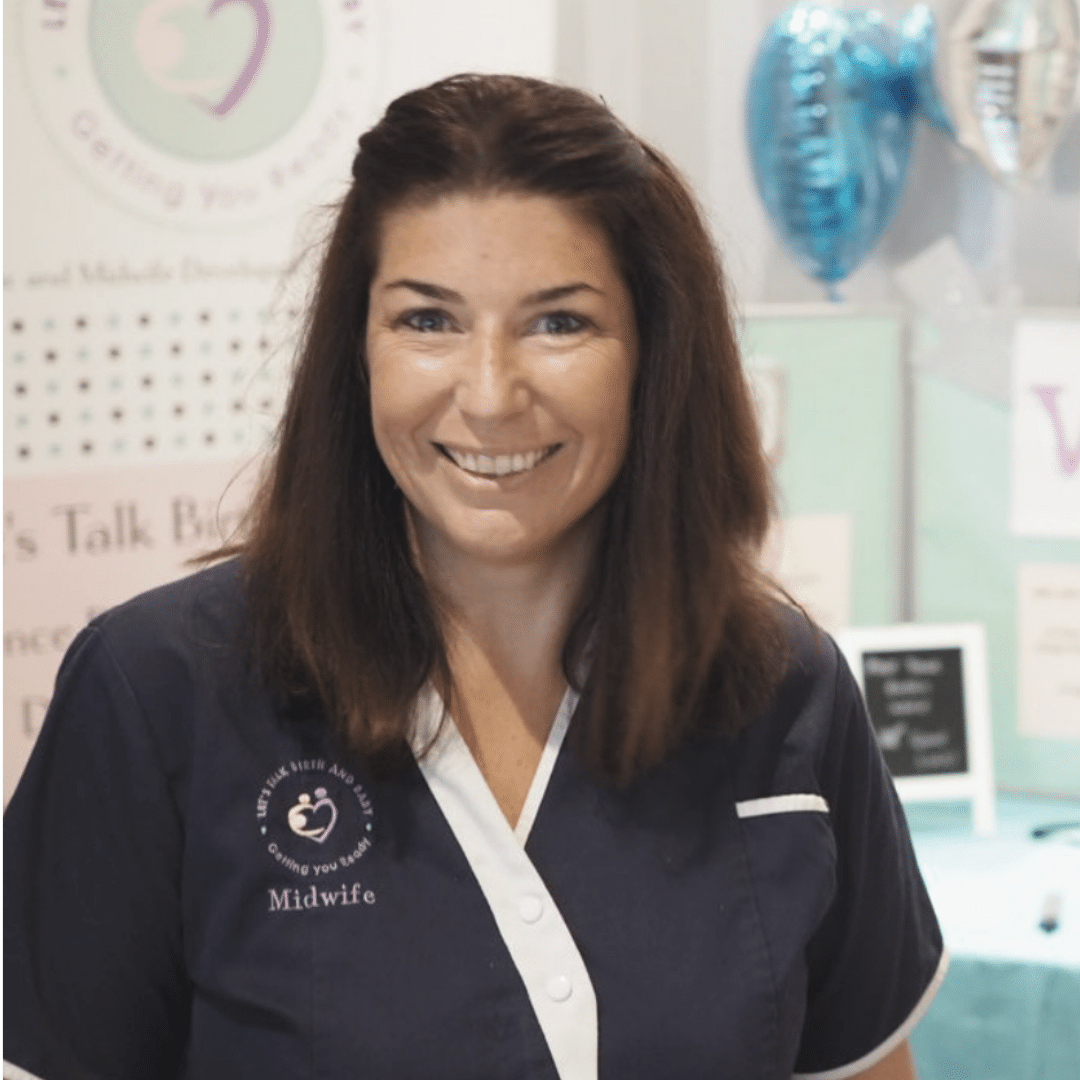PREGNANCY TIPS: Gestational Diabetes is not the end of the world.
“You are, unfortunately, a Gestational Diabetic“, when I heard this from our doctor 26 weeks into my pregnancy, my heart almost stopped beating.
Am I a bad mother?

To my mind, this immediately meant I was a bad mother. Putting her baby at risk and would be judged forever more as irresponsible. Luckily our doctor, one or two friends and my ever supportive Adam took me swiftly in hand. They helped me to launch onto a comprehensive research campaign to manage a potentially lethal situation.
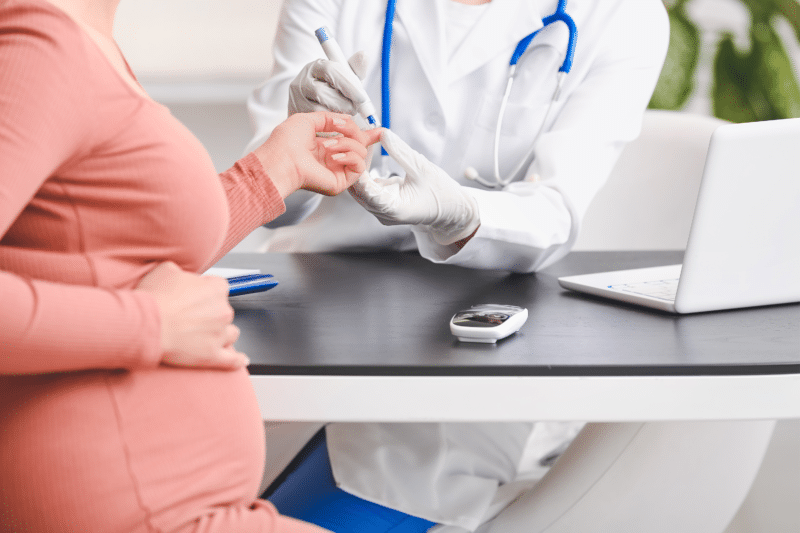
Gestational Diabetes
Initially I couldn’t quite wrap my head around the fact that I had Gestational Diabetes in the first place. I consider myself a relatively healthy person. Probably the fittest and healthiest I’ve ever been when I fell pregnant. To be fair, I’m no saint and love ice cream and cake as much as the next pregnant mama. I just couldn’t understand how someone as mindful about nutrition and fitness as I am could “let” herself become diabetic.
It wasn’t until I had worked my way through reams of literature. Engaged in numerous conversations with others who had had Gestational Diabetes. Met more than once with my endocrinologist and nutritionist that I realised I not only hadn’t “given” myself Gestational Diabetes. It is a manageable condition that need not result in a stressful and miserable third trimester.
Here are some tips that I can offer to hopefully help any other expectant mums who might be facing a few months of Gestational Diabetes.
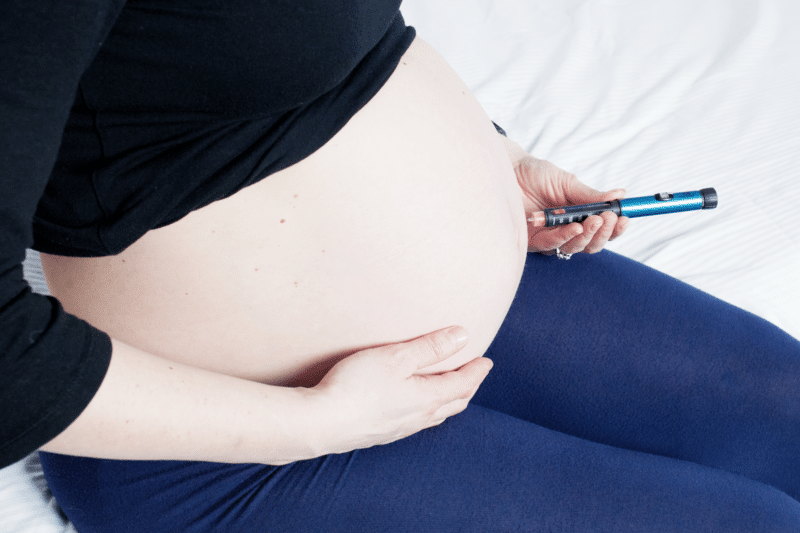
1. Accept it
There is no point in fighting it or trying to convince yourself you can follow the regime you will need to follow only when you feel like it. You have Gestational Diabetes. It requires certain lifestyle changes. Deal with it. But also be gentle with yourself. Don’t blame yourself as you are not to blame, regardless of how many Percy Pig gums you snarfed down that one Sunday afternoon!

2. Do your research.
Be discerning about what websites you choose to visit, but make sure you do as much reading around the condition as you can. Knowledge is most certainly power. The more you know the better you will be able to understand your own body, its needs and how to meet them.
You can also get support here – Gestational Diabetes UK

3. Consult the experts.
Ensure that you put yourself in expert hands and ask as many questions as you can think of. This links back to doing your research – going into the consulting room with a list of questions about what you have read will lead to a constructive and reassuring conversation. Trust the experts as well though. You may have done a few hours of comprehensive research. They have dedicated their lives to the topic! If the endocrinologist tells you to eat more and to stop avoiding all carbs, as I was tempted to do to start, then make sure you eat more and take in good carbs. On that note…

4. Embrace the lifestyle.
What better way to look after yourself and your growing child than by eating a healthy, balanced diet that includes complex carbohydrates, lean protein, plenty of vegetables, and snacks such as nuts and limited fruit? Add to that at least 30 minutes of gentle exercise each day and you’re onto a winner! Although this is what my lifestyle looked like (mostly) before I got the diagnosis, which is why I was so upset to hear about it.
I have learnt to monitor portions more closely, I measure my carb intake with each meal and work hard to include protein in every meal. It isn’t always easy and breakfasts are particularly frustrating. It’s meant that I have hardly gained any extra weight beyond the bump. I’m still relatively fit and that I actually feel good about my relationship with food and the positive effect it is having on me and on the babe.
Read our blog on managing anxiety during pregnancy
So finally….
A Gestational Diabetes diagnosis is not the end of the world. It is an opportunity to adapt your lifestyle to ensure that you and your growing child get the very best that nutrition and exercise can offer. It is frustrating at times when your sugars are high for no reason you can tell. There is a wealth of information and an army of experts at your disposal, so use them. Work with it, not against it. You may just find that you will have a healthier pregnancy with Gestational Diabetes than you would have had without it.
Emma wrote this article originally
after she found out she had Gestational Diabetes, while pregnant with her first child when living in Barbados.

Easing swollen ankles in pregnancy

6 Benefits of Breathing Exercises

